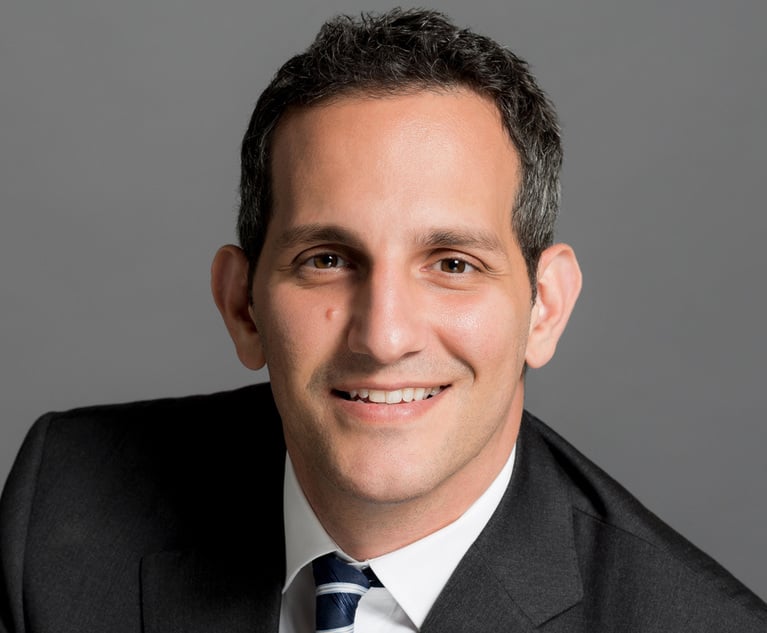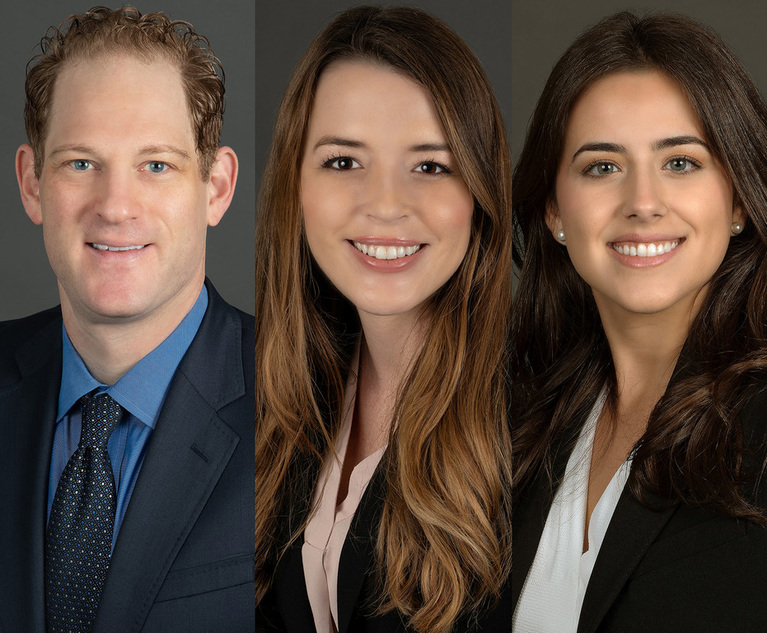In general, state agencies can only promulgate rules if that authority has been specifically delegated to them by the legislature via a statutory grant of rulemaking authority. At a recent Florida administrative hearing (Case No. 23-4842RX, decided April 12, 2024), the judge had to decide this issue: “Is Florida Administrative Code Rule 65C-16.002(5)(c) an invalid exercise of delegated legislative authority as defined in section 120.52(8)(b), Florida Statutes (2023), because it exceeds its grant of rulemaking authority?”
In the underlying case, petitioners K.R. and K.R. were the minor child B.M.’s foster parents since the child was released from the hospital after her birth. Petitioners challenged the validity of the “kinship rule,” set out in Florida Administrative Code Rule 65C-16.002(5)(c). The kinship rule grants preference to relatives in adoption cases based on the theory that cultural values and traditions are more likely to be passed on to children by individuals who have a shared history with the children’s family of origin. The kinship rule was adopted in Florida in 2003. The Department of Children and Families (DCF) denied the petitioners’ adoption application for B.M., stating that it would be in the child’s best interest to be placed with biological relatives, rather than with her long-term foster care providers. Before the adoption applicant review committee (AARC) met, the case manager observed the child with the noncustodial applicant one time only. B.M. had a court-appointed guardian ad litem (GAL). The GAL recommended that the child’s foster care providers be approved as the child’s adoptive family, as did DCF’s case management social worker. Another application to adopt the child was filed by the child’s “maternal first cousin, once removed.” The noncustodial “family” applicant stood in five degrees of consanguinity from the child. The child never lived with her biological siblings, nor had any of the child’s biological siblings ever lived with B.M.’s cousin. In the instant case, the petitioners presented testimony from Loryn Smith, an adoption expert, and from K.R., one of the petitioners, who testified regarding their application to adopt, and its subsequent denial by DCF. We know nothing of whether the child was able to express herself, or whether testimony was provided by any other individuals involved in the case.


 L-R Elisa Reiter and Daniel Pollack. Courtesy Photos
L-R Elisa Reiter and Daniel Pollack. Courtesy Photos




